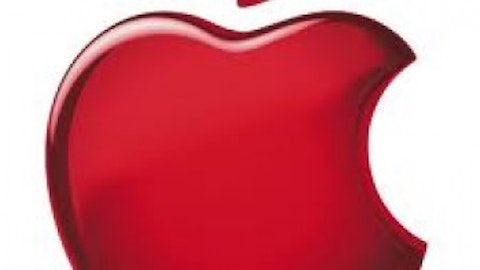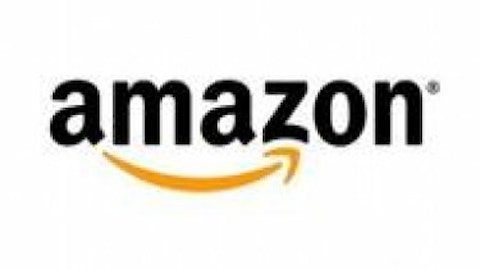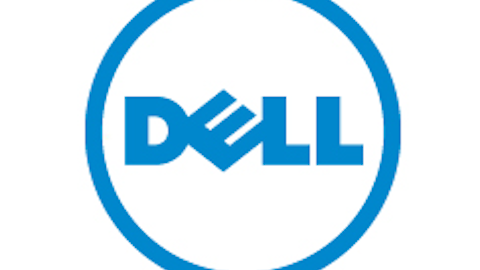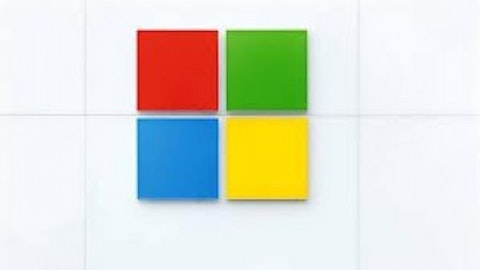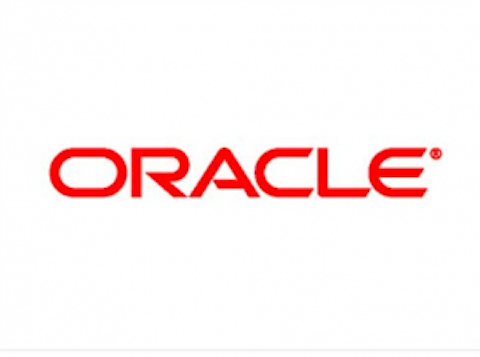
Despite having a sizable lead in the session border control — or SBC — market, Acme Packet posted a 15% decline in revenue, while product revenue shed 20% year over year. This was the effect of poor spending from the likes of Verizon Communications Inc. (NYSE:VZ) and other carriers, which comprise of 80% of Acme Packet’s business (thus the level of risk that Oracle now assumes).
Considering Oracle’s acquisition of Sun Microsystems three years ago has not exactly panned out, including 16% drop in hardware revenue recently, I was astonished that the company was interested in pursuing more hardware assets. Then again, this is why the company’s CEO, Larry Ellison, is considered shrewd by many experts and one of the best in the business. The company does things that are completely unexpected. And more often than not, they work.
What is Oracle getting in this deal?
All of that aside, this is what investors want to know. And does it make sense, given Acme Packet’s recent decline in profitability? That may or may not matter now given Oracle’s solid track record in execution. Nonetheless, the swift shift in the communications industry strongly influenced this deal. Users are becoming more connected with their mobile devices and Oracle sees an opportunity to diversify its service offerings, particularly in the enterprise.
What’s more, Acme Packet presents Oracle a way to leverage what Oracle already does well, especially with there being a growing demand among service providers who are looking for ways to engage their customers in more effective ways. To that end, Acme Packet’s “Net-Net” line of products is arguably the best in the realm of SBC. Oracle sees a way to effectively compete with the likes of Cisco Systems, Inc. (NASDAQ:CSCO) , which has recently formed a partnership with Oracle’s cloud-rival Citrix Systems, Inc. (NASDAQ:CTXS).
However, for Oracle, it’s not as easy as just buying one’s way into a market and expecting the dynamics to change. Granted, Acme Packet’s SBC lead is meaningful at a 40% share. But Oracle still has to deal with the fact that this lead is highly levered to 80% revenue from carriers, whereas Cisco does not have such a dependency. Plus Cisco and Juniper Networks, Inc. (NYSE:JNPR), which have more enterprise leverage, continue to make inroads in the SBC market through product upgrades.
Then again, neither can compare to Acme Packet’s Net-Net 6300, a product that supports 1 million subscribers and has the capability of handling 200,000 simultaneous calls. This will allow Oracle to offer enterprise clients secure network sessions that supports multiple applications. Plus the device is intelligent enough that it can prioritize delivery based on network policies.

